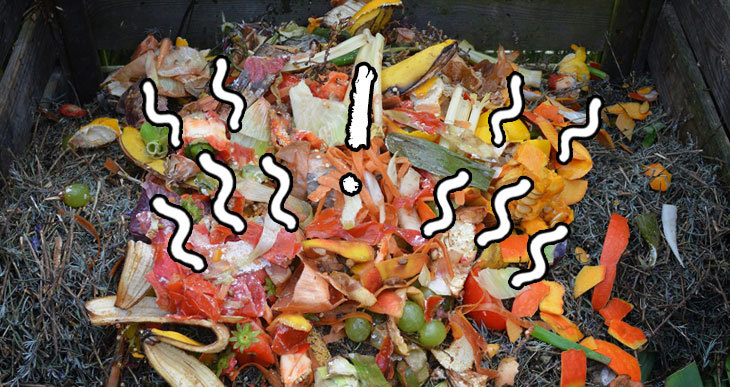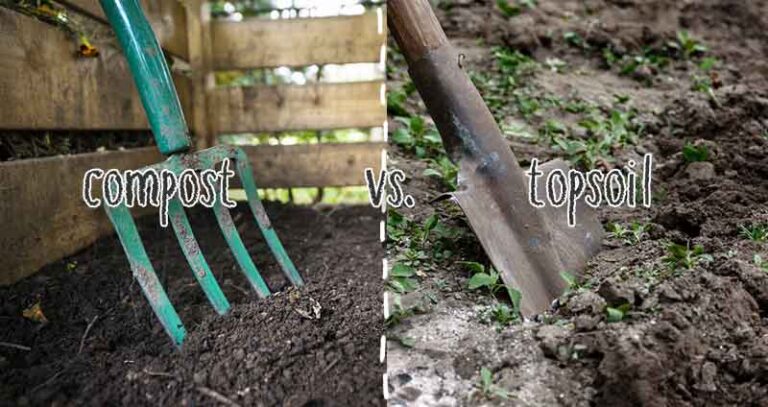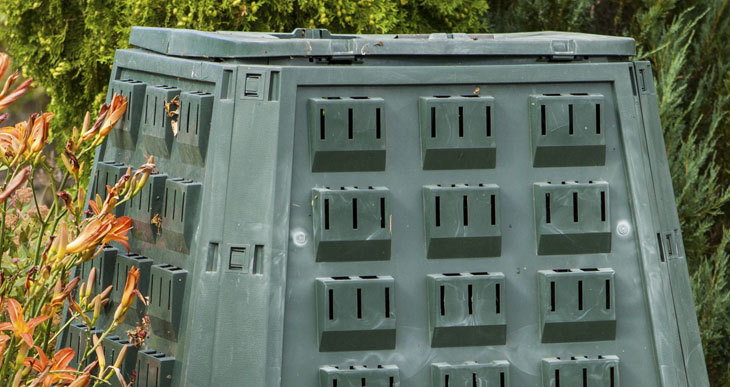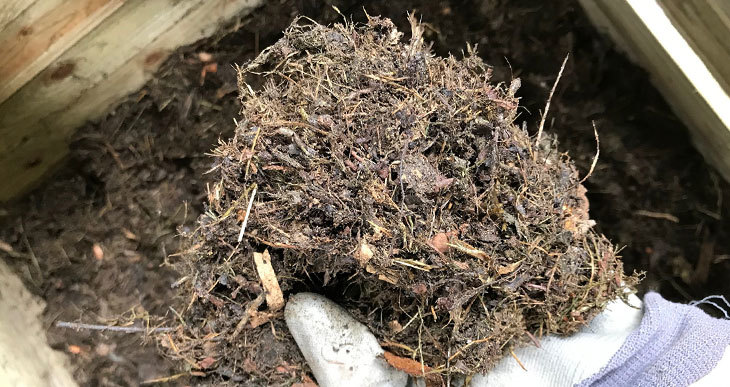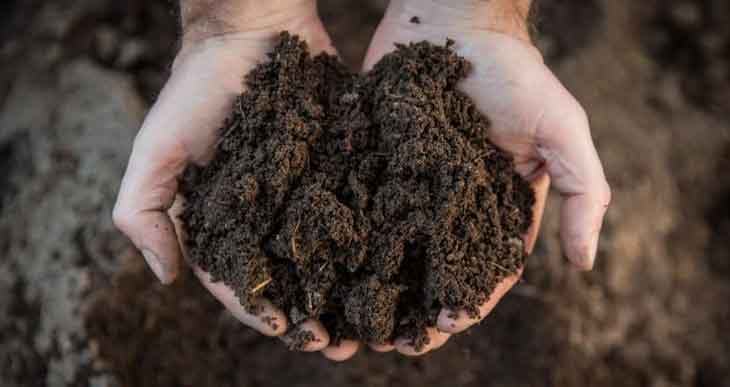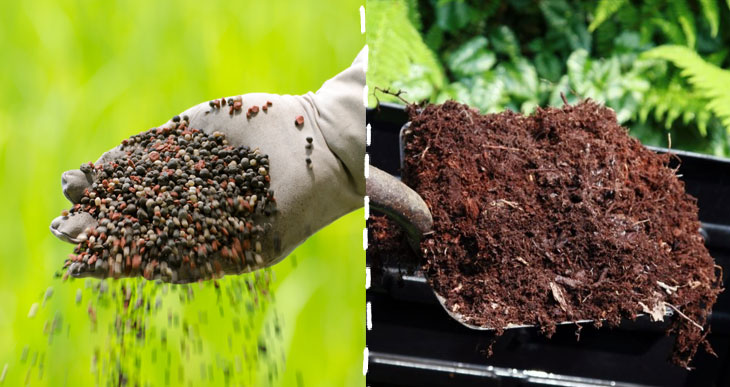Can Regular Compost Burn Plants? (Useful Tips!)
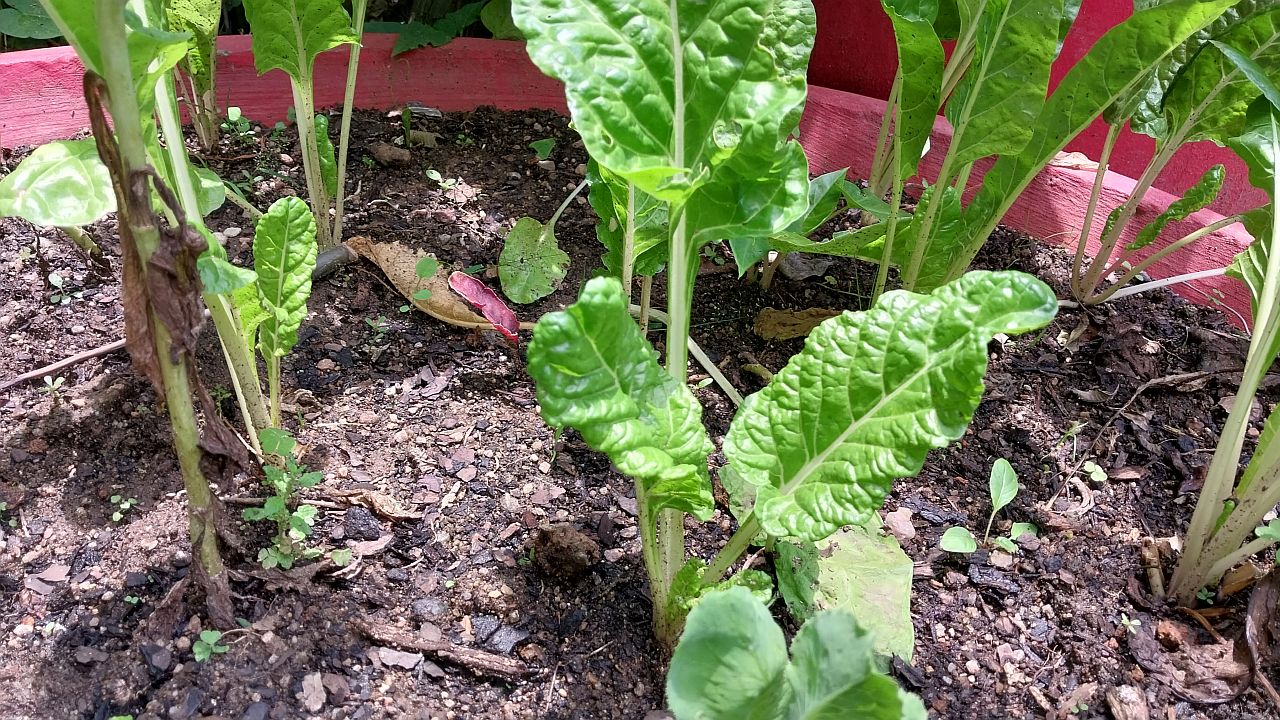
All gardeners know the benefits of composting.
But you’ve probably also heard that compost can burn plants.
Confused?
Compost is intended to benefit your plants, but sometimes, too much of a good thing can be harmful!
So in this article, I’ll explain why compost can burn plants and what you can do to avoid this outcome?
Can Compost Burn Plants
Compost can burn your plants if you add too much compost, the compost has not sufficiently matured, or the compost contains high levels of animal manure. If the nutrients in the compost are too concentrated, it can burn the plant’s roots or the tender stems of seedlings, causing the plants to die.
All plants can benefit from compost by the nutrient boost it provides, or it even acts as a mulch layer in some cases. However, for the plants to benefit from the compost, it must be added in the right amount at the right time, and the compost must be ready for the garden.
So Can Too Much Compost Hurt Plants?
Using too much compost in your garden can damage your plants. Compost is rich in organic matter and essential nutrients for plants, such as nitrogen, potassium, and phosphorus.
Adding too much compost can also increase the concentration of these nutrients in the soil, making it too strong, burning the roots and stem base of the plants.
However, using the right amount of compost will help your plants grow healthier and more robust. Compost should rarely be used as a substitute for potting soil or as the primary growing medium for your plants.
The ideal way to create a suitable growing medium using compost is to combine it with other ingredients. For example, mixing 1 part compost with 1 part topsoil and 1 part perlite or vermiculite will be a better growing mix than compost alone.
Can Compost Burn Roots?
Compost can burn plant roots if too much compost is added or if the compost is not completely decomposed.
Partially rotted compost will continue to decay in the soil. The decomposition process can generate enough heat to damage delicate roots, especially young plants.
Too much compost can increase the concentration of nutrients in the soil, which can chemically burn plant roots.
Compost rich in animal manure is particularly dangerous for plants if it has not aged for sufficient time. This is because animal manure can produce ammonia as it breaks down, which can burn the plant roots or be toxic to the plants.
Compost that has not aged sufficiently can also lock nutrients away from your plants by absorbing nutrients from the soil as it continues to break down. This can result in fewer nutrients available for the plants in the ground, and they can starve.
Exactly How Long Should You Wait To Plant After Adding Compost?
The time delay after adding compost to your soil before you can plant will depend on how well-matured the compost is and how old the plants are.
If your compost is well-matured, you can plant immediately after adding compost. However, to be safe, you can water the compost for a period of 7 days before planting the new plants (some excess nutrients will wash away).
Depending on your composting method, if your homemade compost only contains plant material, it can be ready for the garden in about 2 or 3 months.
If you have added animal manure to your composting process, it’s usually best to wait until the compost is about 6-months old before adding it to the garden.
What Are The Signs Of Too Much Compost?

Signs of too much compost added to your soil can range depending on the compost concentration.
If you’ve added too much compost but not enough to be toxic to the plants, you may see an increase in the leafy growth of the plants but a reduction in flower and fruit production.
If there’s an excess of compost and it produces a toxic environment for your plants, you will notice the plants wilting, no matter how much water you give them.
Sometimes the added compost is not matured enough, and the still decomposing material will starve your plants of nutrients, causing yellowing of leaves and wilting.
In most cases, by the time you notice symptoms, it’s too late to save the plants, particularly where the plant has been burned.
If you added immature compost, you could try adding more topsoil to dilute the compost mixture and fertilize the soil to feed the plants.
Can Compost Tea Burn Plants?
Compost tea is another method of feeding your plants, but can this form of fertilizer also burn your plants? Compost tea made from plant-based material is not very strong. But, in most cases, it can be used on your plants daily, if necessary, without causing harm.
Compost tea, which includes animal manure, is high in nitrogen and considerably more concentrated. Unfortunately, the high concentrations of nutrients can burn your plants and kill them. Therefore, this type of compost tea should only be given to your plants once a month and must be a diluted mixture using a ratio of 1 cup or 250ml of manure compost tea to 1 gallon or 4 liters of water.


